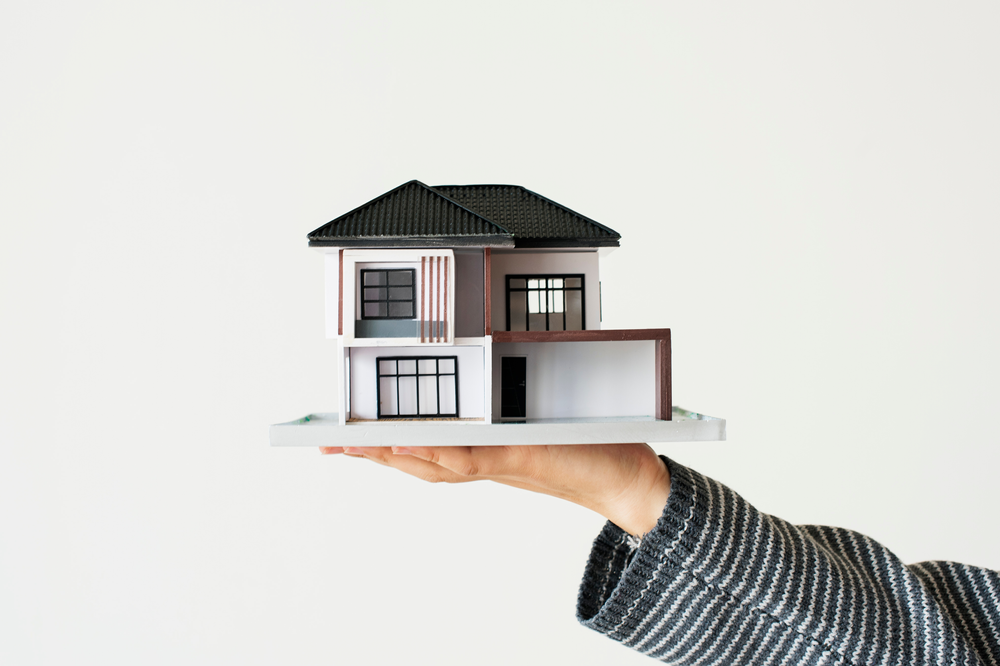Is it better to rent or buy?
The first question you ask yourself while looking for a new location to reside will guide the remainder of your decision-making. Is it better to rent or buy? Buying may appear enticing since it allows you to stop paying increasing rent and develop equity. Routine house upkeep and repairs, on the other hand, can quickly deplete a money account.
In general, whether you should rent or purchase a home is primarily determined by your unique circumstances.
Here are some fundamental questions to think about while looking to buy a house:
- How long do you intend to stay? Renting is likely to be a better alternative if you plan to relocate in the next several years.
- What kind of house can you afford? If you can’t afford a home large enough to accommodate your family in a few years, renting may be a good option while you save.
- What’s available on the market? If you can’t locate a home you enjoy, it’s probably not worth it to stay in one you don’t like.
Another consideration is that the present housing market is one of the most competitive in decades, with record-high home prices and minimal inventories.
That means buyers should expect to make many offers and be aware that they may have to spend more than a house is advertised for — often hundreds of dollars more — to have their offer accepted.
Still undecided about whether or not purchasing is right for you? To learn more about the cost differences, use The New York Times’ rent-versus-buy calculator. If your lifestyle and the data indicate that you should buy, the next step is to figure out how much house you can afford.
You may also like to learn about the Park View Islamabad housing project.
What Kind of House Can I Afford?
Examine your budget to see how much you can afford to spend on a property. Examine your recent bank records and spending patterns to see how much you’ve spent on anything from cellphone bills to streaming services to weekly restaurant takeout. The Consumer Financial Protection Bureau provides a spending tracker to assist you in determining where your money goes each month.
Homeownership is now more cheap than ever because to the epidemic. Mortgage rates are hovering around 3%, which is near record low territory. If you can get a loan, these rates can save you a lot of money over the life of a 30-year loan.
Determine how much you want to put toward a monthly house payment after you’ve gotten a clearer sense of your spending patterns. This amount represents your monthly mortgage payment, which includes principle, interest, taxes, and insurance.
The pandemic is also upping the stakes for new homes in terms of these costs:
Due to the competitive nature of the property market, many buyers are increasingly opting to forgo conditions in order to have their bids approved. Contingencies provide customers with a way out if anything unexpected happens.
They enable you to cancel or renegotiate transactions if an inspector discovers the need for substantial home repairs, as well as to cancel or renegotiate deals if an independent house assessor determines that the home’s worth is much less than the purchase price. A mortgage contingency allows purchasers to back out of a transaction if they are unable to secure financing in a reasonable length of time.
1. Examine your credit report:
Credit ratings, commonly known as FICO scores, are used by lenders to assess the risk of lending to you. The higher your score, which ranges from 300 to 850, the better. According to the Consumer Financial Protection Bureau, individuals with credit scores in the mid- to high-700s or higher get the best mortgage rates.
2. Make a decision on whether you want to go digital or analogue:
Better.com, Rocket Mortgage, and LendingTree are among the most popular digital lending platforms, and for good reason: they not only allow potential buyers to apply for loans from the comfort of their own homes and on their own timetables, but they also have the potential to remove biases from the loan industry.
However, candidates with a shaky job history, credit troubles, or those who rely on a gift for their down payments may face difficulties when applying online, where their applications may be subjected to a more rigorous review. Working with a conventional human lender may be a better option in these situations.
3. Obtain a Mortgage Preapproval Letter:
A preapproval letter is a written estimate from a lender of the amount you will most likely be able to borrow. When you’re ready to make an offer on a house, this letter will help you figure out how much you can pay and establish that you can get a mortgage.
Preapproval for a mortgage differs from prequalification for a loan, which is simply a back-of-the-envelope assessment of how much of a loan you could qualify for based on unverified data. Pay stubs, bank statements, tax returns, and other financial papers are frequently required as part of a mortgage preapproval application.
4. Make a cash line:
The more money you can put down on your house up front, the less money you’ll need to borrow. A larger down payment lowers your monthly payments and reduces the amount of interest you pay over the life of your loan. If you can afford to put down 20% or more on a home, you won’t have to pay mortgage insurance, which is a fee that protects the lender in the event that you default on the loan.

